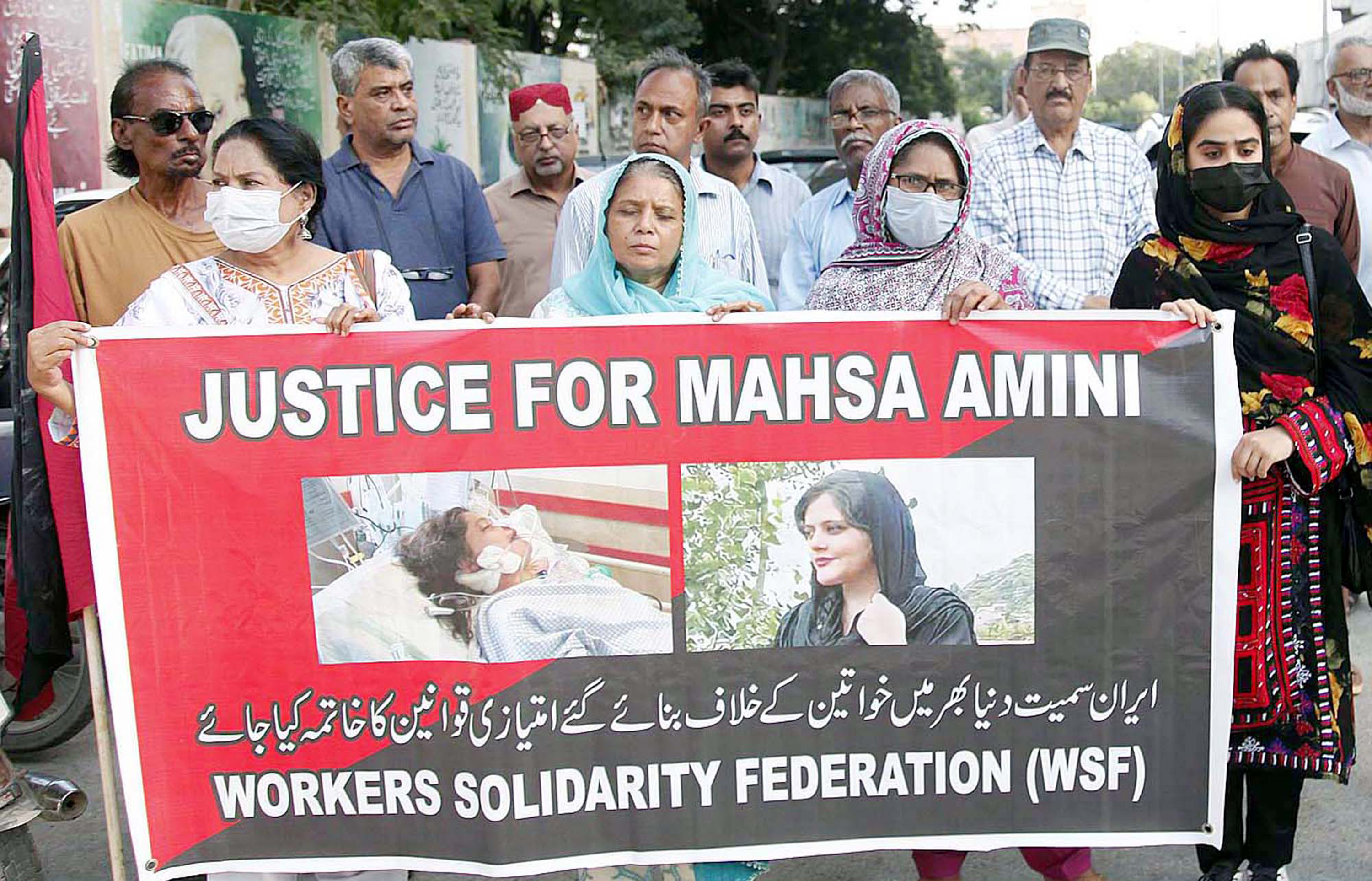Cyber harassment
Stalking women is not love

In November 2017, Sylvia Rwaboogo, a member of the Ugandan parliament, began to get unsolicited text messages from 25-year-old Brian Isiko. Her attempts to block Isiko did not stop him from expressing “his love”. To Rwaboogo, it felt like harassment. After she alerted the police, Isiko was arrested in June 2018. Even in police custody, he continued to send her text messages.
In court, Rwaboogo broke down in tears as she recounted the trauma of eight months of stalking. The accused, by contrast, laughed throughout the court session.
In her verdict, the judge stated that in Ugandan society it seemed to be normal to demean and disrespect women. She sentenced Isiko to two years in prison for cyber harassment and offensive communication and said that this ruling was “meant to deter men who find it normal to harass women.”
This did not go down well with some men – they verbally abused the judge, the MP and other women for “denying” men the “right to express their love”. To these men, the feelings such statements trigger do not matter.
Some comments on social media were appalling: “This honourable member of parliament should be sued. Where is it written that when one expresses his interest, it is tantamount to crime, hence imprisonment? I am annoyed.” Another male member of the public wrote: “What can you expect from such a person if just a mere 25-year-old boy can cause her to lose her peace?”
Some say that Isiko’s prosecution and his verdict only came to pass because the victim was a woman of privilege. They have a point. The right to personal space and safety are still a dream to the average Ugandan woman.
The abuse of women’s rights is perpetuated by the very authorities meant to protect them, but refuse to enforce policies that would ensure a safe environment. Typically, the women are blamed for any abuse they experience. Simon Lokodo, Uganda’s minister of ethics, demanded the arrest of victims of revenge porn. Revenge porn means that a former lover publishes nude pictures and sexualised images. Onesmus Twinamasiko, another politician, advised men to beat their wives.
Male authority figures are not held to account for promoting violence against women. Therefore, it is logical that Ugandan men can’t believe that anyone should be sent to jail for something they all take for granted: their right to disrespect women.
Lindsey Kukunda is a writer, editor and digital-safety trainer, and also director of the civil-society organisation “Not Your Body”. She lives in Kampala, Uganda.
lindseykukunda@gmail.com
@RizaLouise
@NotyourbodyUg












